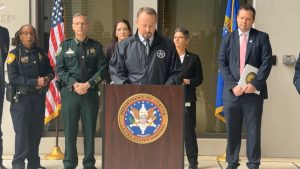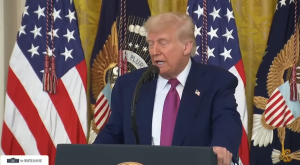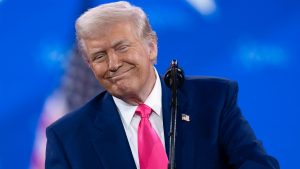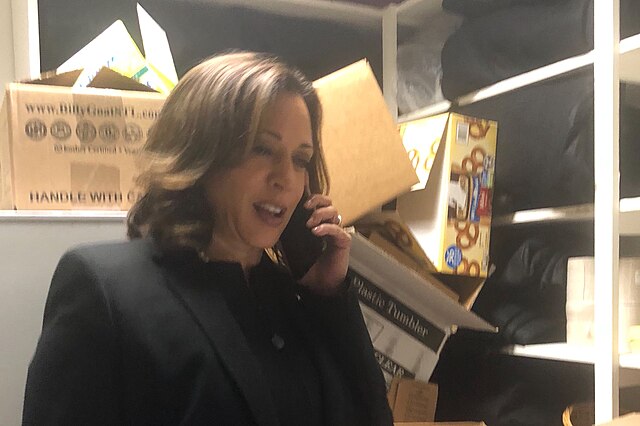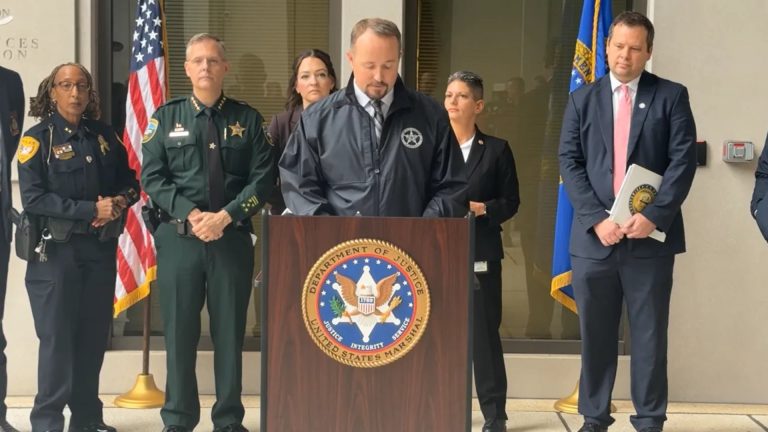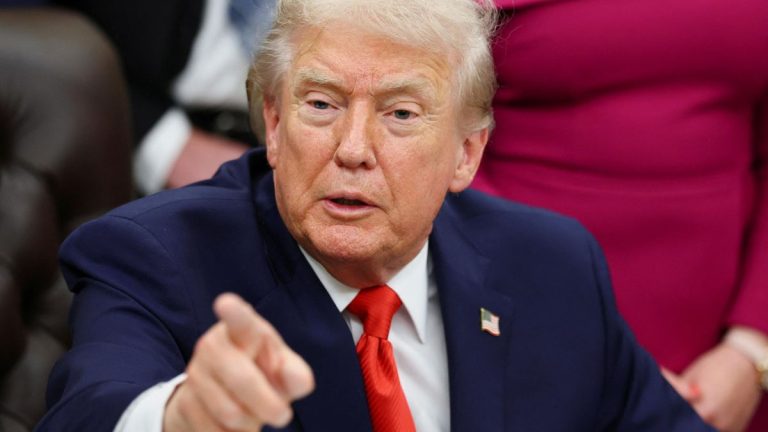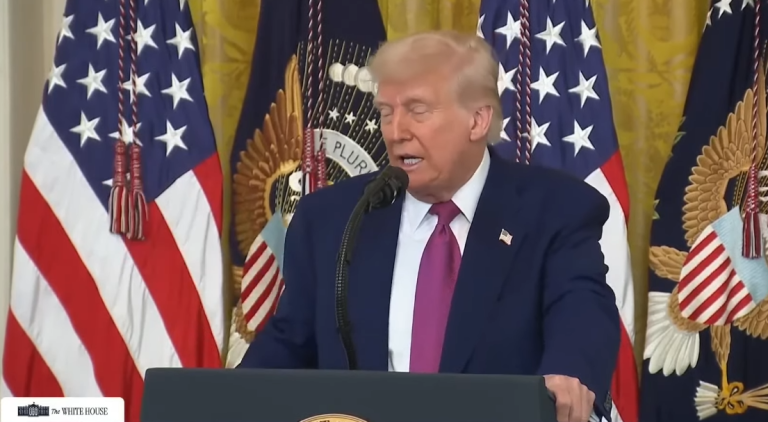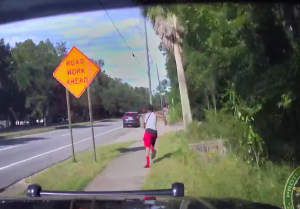In recent days, the Los Angeles Police Department (LAPD) has taken steps to reassign officers who had been temporarily detailed to provide security at the Brentwood residence of former Vice President Kamala Harris. The change, which followed a week of political debate and public scrutiny, marks a shift in how protection for Harris will be managed as she transitions into private life and prepares for a high-profile international book tour.
Background on the Security Detail
Security for former senior officials is often a complicated matter, involving overlapping jurisdictions and political sensitivities. Under federal law, former presidents receive lifetime Secret Service protection, while former vice presidents are entitled to six months of coverage after leaving office. Harris, who left office in January 2025, had already surpassed that six-month window, thanks to an extension authorized by the Biden administration.
That extension was revoked by President Donald Trump, who upon taking office moved to end her federal protection. The decision immediately raised questions about how security would be handled for Harris, particularly given her prominence on the national and international stage.
In response to the federal withdrawal, city and state officials coordinated to ensure that Harris was not left without protection. For a short period, the LAPD deployed a dozen officers from its Metro Division to guard her Brentwood home. However, the arrangement was always considered temporary, pending further discussions and the expectation that Harris would secure alternative protection, whether private or state-provided.
Internal Concerns Within the LAPD
The assignment of officers to Harris’ residence drew immediate attention within the department. According to reports, members of specialized crime suppression units in the San Fernando Valley were reassigned to provide the detail. This raised concerns that resources were being diverted away from neighborhoods where they were needed to address ongoing crime issues.
The Los Angeles Police Protective League, which represents rank-and-file officers, publicly criticized the arrangement. In a statement, the union board described the redeployment as misguided and suggested that scarce public safety resources should remain focused on crime prevention rather than private protection. The board welcomed the decision to end the detail, noting that the officers had returned to their regular assignments.
For city leaders, however, the situation was not just a question of resources but also of political context. Mayor Karen Bass had reportedly directed the LAPD to work with the California Highway Patrol (CHP) to cover the gap left by the Secret Service withdrawal. Bass characterized the federal move as political retaliation, arguing that the safety of former national leaders should not be subject to partisan calculations.
State-Level Involvement
California Governor Gavin Newsom was also drawn into the matter. Because CHP involvement requires state authorization, questions quickly arose regarding his role in arranging the coverage. Newsom himself did not directly confirm whether he had personally approved the move, but his office released a statement underscoring that public officials should be afforded consistent and fair protection regardless of political circumstance.
The statement emphasized that “the safety of our public officials should never be subject to erratic, vindictive political impulse,” an implicit critique of Trump’s decision to rescind Harris’ Secret Service detail. While the language was carefully phrased, it highlighted the broader political undertones running through the debate.
Media Coverage and Public Scrutiny
Local media outlets followed the story closely, with some reporting that LAPD officers had been observed outside Harris’ home earlier in the week. Helicopter footage appeared to show patrol cars stationed near the property, further fueling public discussion.
While the deployment lasted only a few days, it served as a flashpoint for questions about how taxpayer-funded resources should be allocated. Critics argued that residents of Los Angeles, already facing concerns about crime and strained police staffing, should not bear the cost of protecting a former vice president. Supporters countered that Harris’ high profile and upcoming public appearances made security a legitimate necessity.
The episode also tapped into broader concerns about how security decisions intersect with politics. In an era where partisanship shapes nearly every debate, the revocation of Secret Service protection and the subsequent scramble to secure coverage for Harris illustrated how political decisions can ripple down to local police departments and affect community resources.
Harris’ Upcoming Book Tour
Complicating the matter is Harris’ upcoming international book tour. Her new memoir, 107 Days, recounts her experiences during her presidential campaign in 2024 and reflects on her time in public office. The tour is scheduled to span 15 stops across multiple countries, drawing significant attention from both supporters and critics.
High-profile public appearances of this nature typically involve careful security planning. Without federal protection, Harris and her team must now rely on a mix of state coordination, local law enforcement cooperation, and private arrangements. Observers note that while the LAPD’s withdrawal may relieve pressure on city policing resources, it places greater responsibility on Harris’ own team to ensure security throughout her travels.
Broader Implications for Public Safety
The LAPD’s decision to reassign its officers highlights ongoing concerns about how best to balance competing priorities in public safety. Los Angeles has faced persistent challenges with crime, and community leaders have pushed for more visible patrols and proactive policing. In that context, diverting officers—even temporarily—for the protection of a former national figure became a matter of heated debate.
The episode also underscores the delicate balance between political considerations and law enforcement responsibilities. Decisions about who receives protection, for how long, and under what circumstances are rarely straightforward. They involve not only legal guidelines but also judgments about risk, optics, and fairness.
For Harris, the shift represents another stage in her transition from public office to private life. While she remains a prominent figure in American politics and international affairs, she must now navigate the complexities of maintaining security without the institutional backing she enjoyed as vice president.
Conclusion
The withdrawal of LAPD officers from Harris’ security detail closes one chapter in what has been a politically charged debate about protection for former officials. While the assignment was always meant to be temporary, its sudden end and the controversy it sparked drew attention to broader questions about resource allocation, political influence, and public safety.
As Harris prepares to embark on her book tour, the spotlight will likely remain on how her security is managed, who bears the cost, and what precedents are set for future former leaders. The story serves as a reminder that the intersection of politics, public safety, and personal security is rarely clear-cut and often becomes a matter of public debate.

James Jenkins is a celebrated Pulitzer Prize-winning author whose work has reshaped the way readers think about social justice and human rights in America. Raised in Atlanta, Georgia, James grew up in a community that instilled in him both resilience and a strong sense of responsibility toward others. After studying political science and creative writing at Howard University, he worked as a journalist covering civil rights issues before dedicating himself fully to fiction. His novels are known for their sharp, empathetic portraits of marginalized communities and for weaving personal stories with broader political realities. Jenkins’s breakout novel, Shadows of Freedom, won national acclaim for its unflinching look at systemic inequality, while his more recent works explore themes of identity, resilience, and the fight for dignity in the face of oppression. Beyond his novels, James is an active public speaker, lecturing at universities and participating in nonprofit initiatives that support literacy and community empowerment. He believes that storytelling is a way to preserve history and inspire change. When not writing, James enjoys jazz music, mentoring young writers, and traveling with his family to explore cultures and stories around the world.
